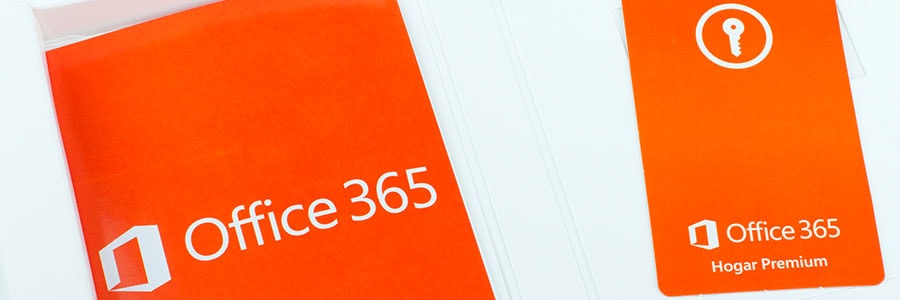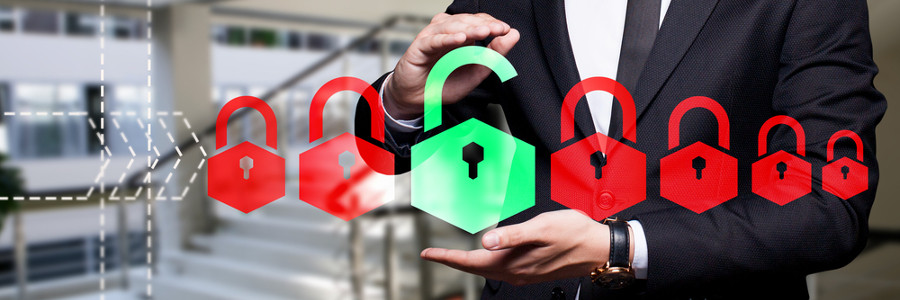The volume of malicious cyber attacks is increasing every year. Although many companies use the latest network security systems, they aren’t immune to the hackers’ favorite strategy — social engineering. Unlike malware, social engineering tricks people into volunteering sensitive data.
5 Easy tips for preventing data breaches
What are the risks of BYOD?

Taking work home, or practically anywhere, has never been easier. The bring your own device (BYOD) strategy has become a popular approach for many businesses to conduct work more efficiently and flexibly. But this strategy is not without risks. BYOD, if not implemented correctly, can make your system susceptible to a number of attacks.
Spectre makes a comeback
IT policies to protect your business

Employees are one of your biggest security holes. There is no foolproof prevention method for human error, which is why employee mistakes are one of the most common causes of a security breach. To reduce potential risks, we’ve suggested a few IT policies you should implement to protect your business.
Assess risks before buying new software

Cybersecurity is an issue that hounds businesses of all types. Sometimes organizations invest in security software without realizing the risks that come with it. Here’s why identifying threats before buying cybersecurity products is paramount.
Uncover threats and vulnerabilities
Every business should evaluate the current state of its cybersecurity by running a risk assessment.
SMB routers targeted by VPNFilter malware

In May, security experts discovered one of the most widespread malware infections in history. Now, they’re warning businesses and consumers that it’s even worse than their first assessment. The VPNFilter malware poses a threat to small businesses and requires immediate attention from anyone who hasn’t taken action against it.
Small businesses are lucrative targets for cybercriminals

After analyzing over 53,000 cybersecurity incidents, Verizon’s 2018 Data Breach Investigations Report revealed that 58% of all malware victims were small businesses. Although there was a time when hackers preferred one-off attacks against big-fish targets, new types of malware have made it easy to automate small-scale attacks against thousands of victims.
Chrome: From HTTP to HTTPS
Office 365 will block Flash by 2019

If you are one of the few Office 365 users who embeds Silverlight, Shockwave, or Flash content in your documents, your pastime will soon be a thing of the past. Over a week ago, Microsoft announced that Office 365 would completely block said media by January 2019.
Microsoft recently announced plans to eventually stop the activation of Silverlight, Shockwave, and Flash content in Office 365. This is not just the developers disabling bugs with an option to click a link or button to look at content.





